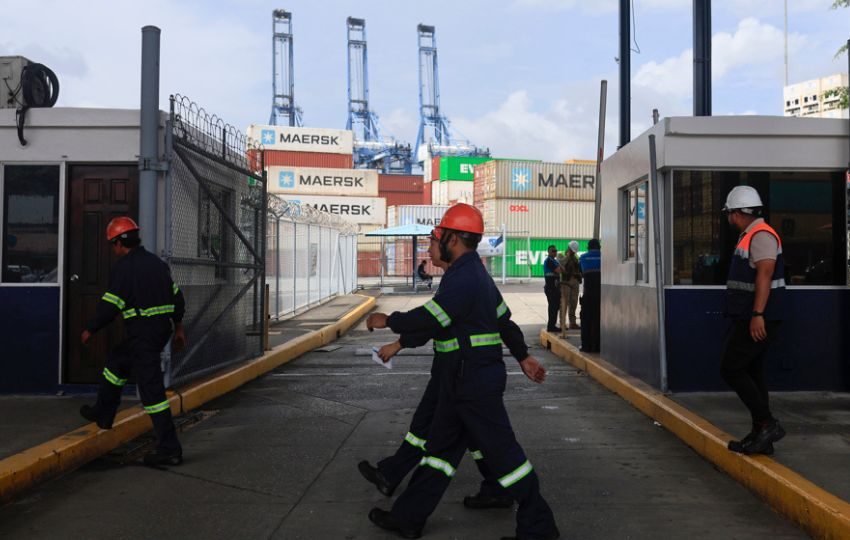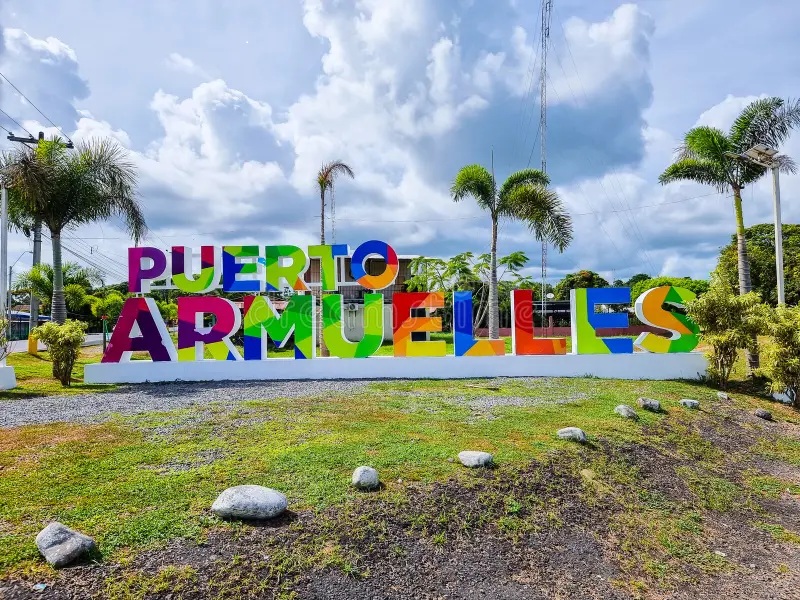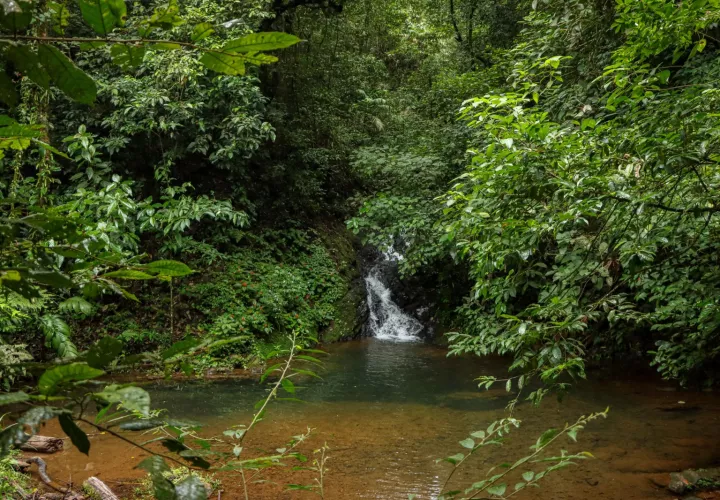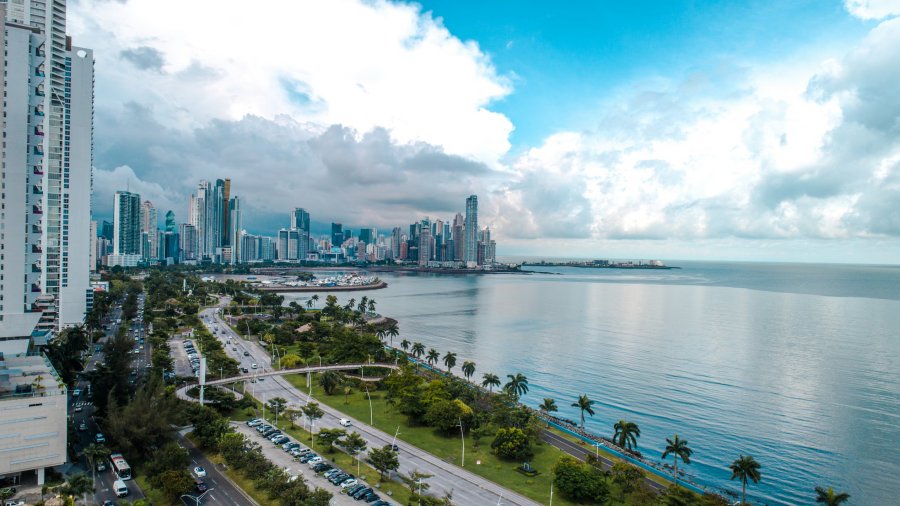Prosecutors, judges, jump on Martinelli pardons

EIGHT PUBLIC prosecutors do not agree with pardons granted by former president, Ricardo Martinelli, before leaving office and they have presented 14 claims of unconstitutionality against 10 of the 18 executive decrees in which t Martinelli gave presidential pardons to 353 people.
Official sources reported that the MP claims were filed Wednesday, July 16 in the Supreme Court of Justice (CSJ).
The demands of the prosecutors were assigned Friday, July 18, in the division of the General Secretariat of the Supreme Court reports La Prensa.
The plaintiffs are Javier Caraballo, F irst Drug prosecutor; Ida de Mirones, Second Drug Prosecutor; Adecio Mojica, First Anticorruption Prosecutor; Lizzett Chevalier Second Anti-corruption Prosecutor; sperior tax; Lorena de Coronell, Third Anti –corruption Prosecutor; Luis Martínez, Fifth Superior Prosecutor, Nayra Fernández, Chief Prosecutor of Intellectual Property and Jairo Samaniego, Prosecutor Against Organized Crime.
, Caraballo and Fernandez each sued separately, Decree No. 266, issued on June 25 in the Official Gazette, in which six people were pardoned,
Mojica, Caraballo and Martinez filed appeals against Decree No. 299 of June 30 which gave pardons to 137 people, including nine policemen, accused of killing five children in Tocumen Compliance Center on January 9, 2011.
Mojica also file against decrees 279, 282 and 293, the presidential pardons was granted to 45 people.
While Chevalier filed against executive decrees 291 and 311, June 30, in which clemency was granted to 35 people.
Caraballo also sued Executive Decree No. 265 of June25 the presidential pardon that was given to five people. Meanwhile. Samaniego only filed against Executive Decree No. 276 pardoning 4 people. , De Coronell filed suit against Decree No. 292 which pardoned 18 people.
This brings to 26 lawsuits against the pardons and 9 warnings of unconstitutionality against 14 of the 18 decrees. Four decrees have not yet been sued.
In ruling June 19, the Supreme Court declared unconstitutional the Decree No. 890, published in the Official Gazette on November 2, 2010, by which Martinelli pardoned 10 people, including five police officers accused of killing two fishermen the community of Playa Leona, La Chorrera. The presenter of the ruling was Justice Harley Mitchell.
In his conclusions, Mitchell felt that with these pardons Martinelli assumed powers only incumbent on judges and magistrates.
According to the ruling it was “a frank violation of the fundamental right to due process as an administrative body, which lacks judicial and jurisdictional powers, aims subsumed in the role ofonly competent judges and magistrates.”
He said that “under no circumstances can tolerate a state power to invade or assume responsibilities expressly are assigned to a specific organbe tolerated.
Mitchell refers to what was stated in the judgment of 30 June 2008, in which the Supreme Court declared unconstitutional the 182 pardons given by former president Mireya Moscoso, through three executive orders issued in 2004, before leaving office.
Besides Mitchell ruling is signed by two chief magistrates: Harry Diaz and Victor Leonel Benavides. The other six that support the decision are the alternate judge Abel Zamorano, Wilfredo Sáenz, Gisela Agurto Secundino Mendieta, Luis Mario Carrasco and Efren Tello.
Lawyers Juan de Dios Hernández and Miguel Antonio Bernal presented each constitutional challenges against pardons in 2010.
in 2010 Jose Ayu Prado, then Attorney’s General, now President of the Supreme Court said that the Martinelli pardons were not unconstitutional because article 184 gave the president the power to grant pardons.
Administration Attorney , Oscar Ceville, asked the Supreme Court on November 17 2010, to declare the pardons unconstitutional because they were given to people who were not being prosecuted or convicted of political crimes.





